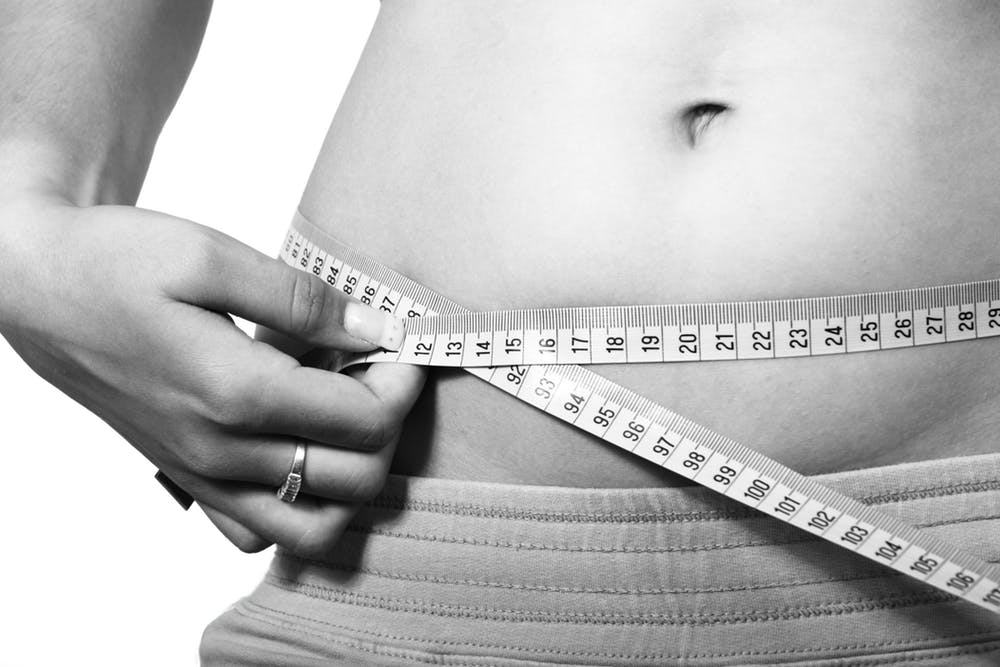The Fundamental Rule for Weight Loss
When it comes to nutrition and in particular fat loss there is so much information out there it can be hard sometimes for even a trained professional to sort through and understand the facts from the ummm bullshit. Below I am going to help you understand the most important, fundamental rule of nutrition that influences fat loss.

People will often sit on one of two sides, the first is that it doesn’t matter how much food you eat as long as you eat the right foods you will lose weight. The second is it doesn’t matter what food you eat as long as you are in a calorie deficit you will lose weight.
Our view on this, when it comes to good quality health we want to fuel our body with as much good quality foods as possible. Things like fruit, vegetables, lean meats, nuts and seeds should make up a large proportion of your daily diet in order to have you feeling optimal BUT if you eat too much good quality food you WILL still gain weight/body-fat. These foods tend to be full of micronutrients and less calorie dense which is an absolute must for those of us seeking quality health.

So while we recommend you eat a diet full of good quality foods if you eat foods that are considered to be less nutritious like pasta, pizza, and burgers etc you CAN still lose weight and body fat if you remain in a calorie deficit. Here is the catch, most less nutritious (have less micronutrients) foods are calorie dense and highly palatable (full of sugar, fat, and salt) which is why we tend to overeat them and why we tend to recommend you monitor the amount of these foods you eat. We can’t stress enough though, you can eat them in moderation and have success with your weight/fat loss goals when these foods exist in your diet.

THE TDEE EQUATION
So as discussed above, the most important rule to understand is that in order to lose weight/body-fat a person MUST be in a calorie deficit. The number of calories required is dictated by your “Total Daily Energy Expenditure” which can be tricky to calculate because it’s a constantly changing equation made up of these 4 key components;
Basal Metabolic Rate (BMR)
– Your BMR is best understood as the calories your body uses to keep you alive. Things like your heart beat, breathing, and brain function require energy and this can account for up to 60% of your overall daily expenditure.

Non Exercise Activity Thermogenesis (NEAT)
– Every time your muscles move it cost energy in the form of calories. NEAT can be understood as all the accidental movements we make every day things like fidgeting, scratching your face, walking to the kitchen, carrying your child will cost energy.
Thermic effect of food (TEF)
– It often surprises people that it requires energy to break down and digest your food. Studies have shown that different macronutrients have a different cost for example for every 100 calories of protein eaten it cost between 20-30 calories in energy, for every 100 calories of carbohydrates eaten it cost between 5-10 calories in energy, and for every 100 calories of fat roughly 2-3 calories in energy.
Exercise
– The last component is the energy required to work out or exercise. This is the most recognised by people yet often the most misunderstood. Obviously, when we lift weights, run, and move in a workout it costs energy but how much can vary depending on multiple factors including length of workout and intensity.

>TOTAL ENERGY EXPENDITURE = BMR + NEAT + TEF + EXERCISE
So while this number is constantly changing it doesn’t mean we just guess to find a start point in terms of the number of calories required to lose weight. There are a number of formula’s you can use to calculate your
At Authentic Health, we are using a simple formula based on your current bodyweight, your activity level, and your goal. This formula is one taught during the Precision Nutrition Level 1 certification which Authentic Health head coach Chris is certified. If you wish to find out what your daily caloric needs are, Contact Authentic Health today.



